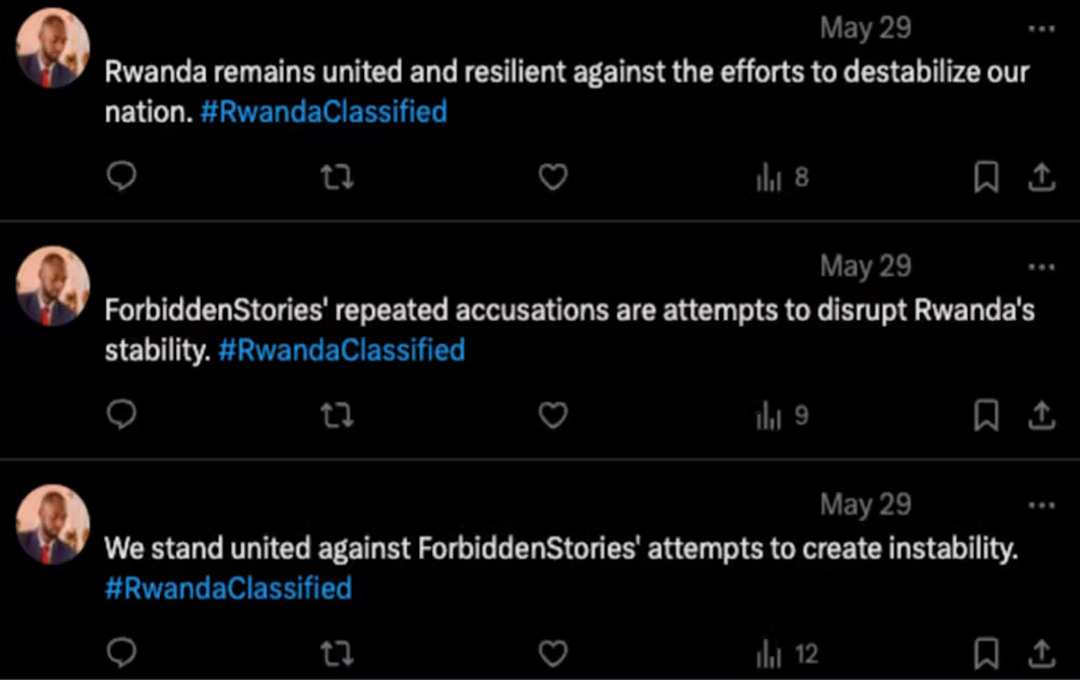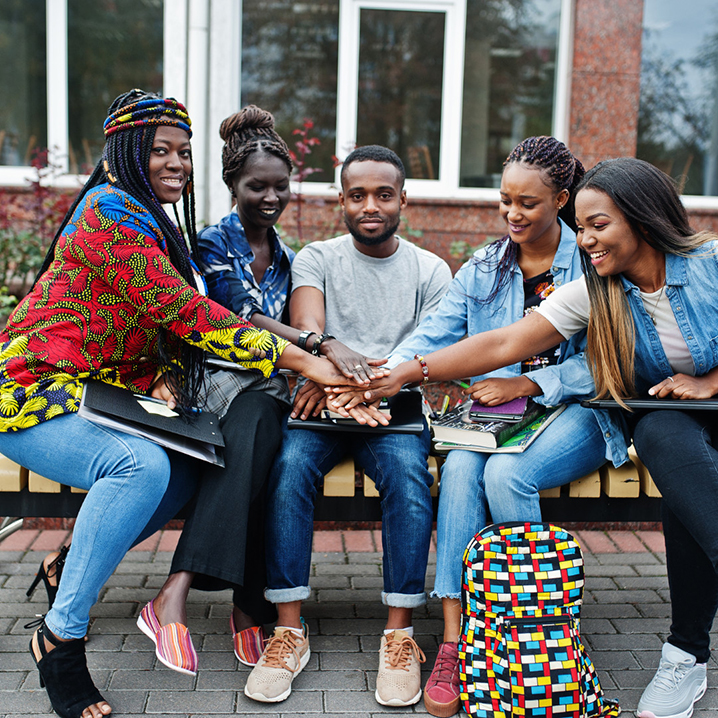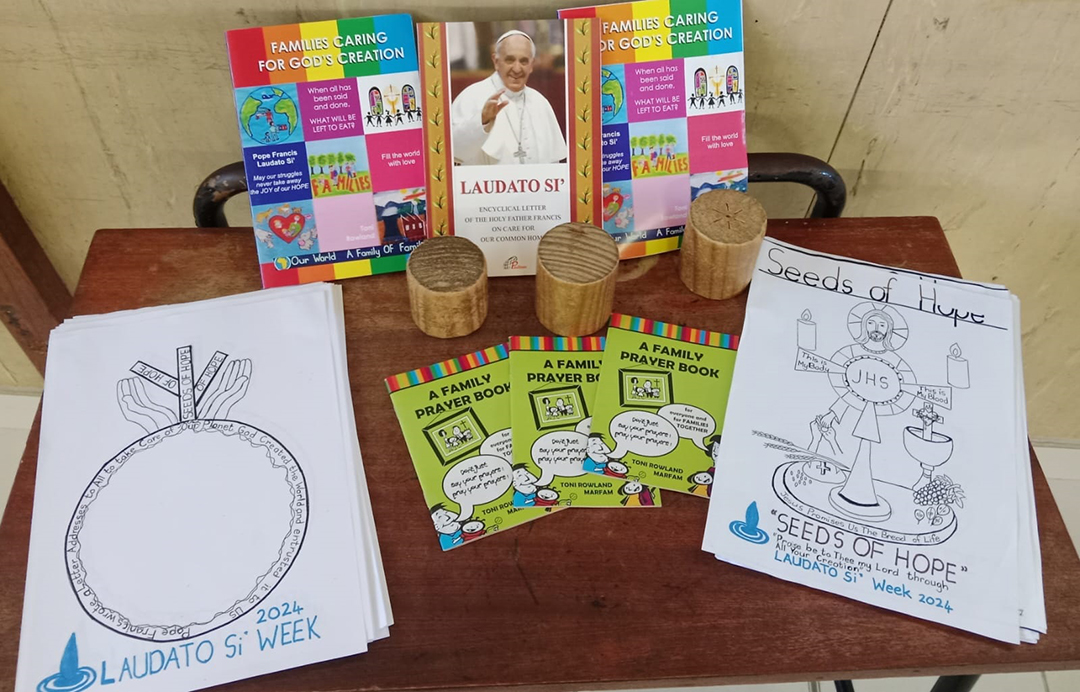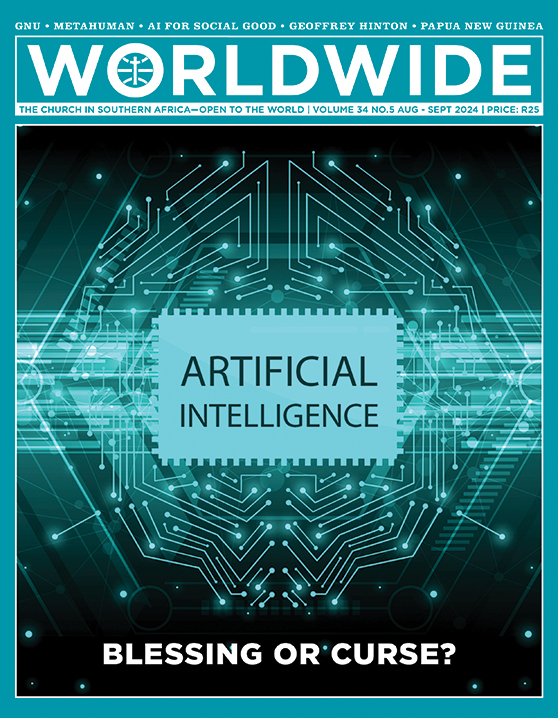
ARTIFICIAL INTELLIGENCE: BLESSING OR CURSE?
The image, according to Chat GPT, features the phrase “ARTIFICIAL INTELLIGENCE” at its centre, overlaid on a stylized depiction of a microchip and circuitry. This design symbolizes the integration of advanced AI technologies within modern electronic systems, emphasizing the critical role of AI in driving technological innovation and enhancing computational capabilities across various industries.
RADAR
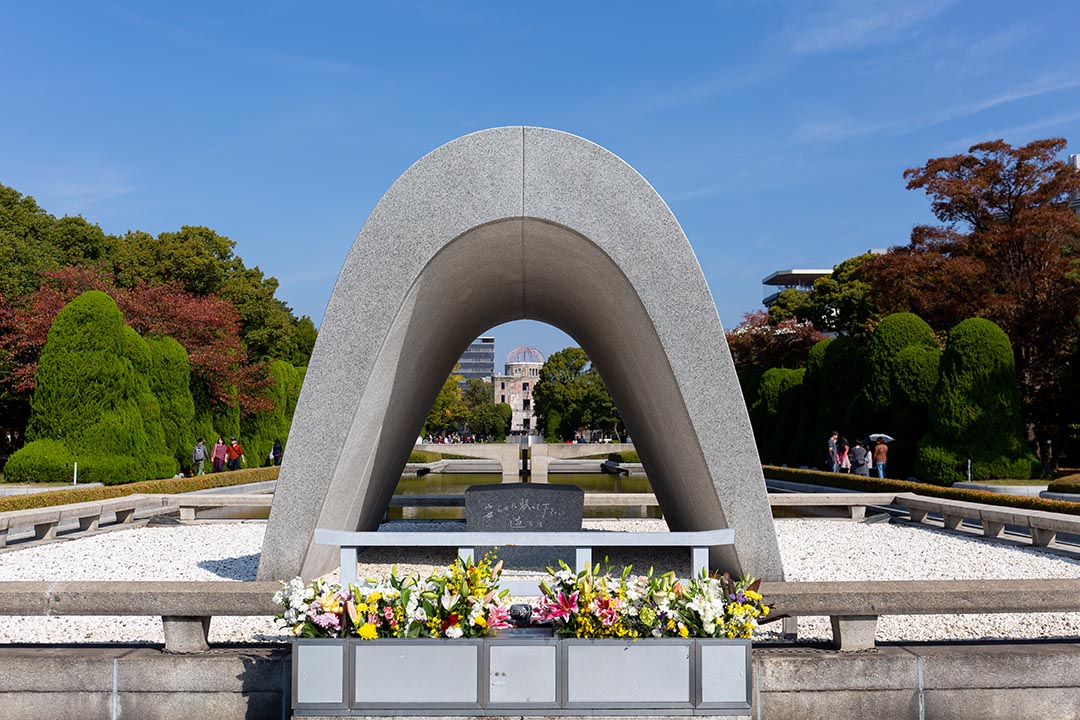
WORLD RELIGIONS GATHERED IN HIROSHIMA
Religious leaders from across the world signed the “Rome Call for artificial intelligence (AI) Ethics”, emphasizing the vital importance of guiding the development of AI with ethical principles that promote peace.
BY LISA ZENGARINI | VATICAN NEWS
Leaders of the major world religions gathered on 9-10 July 2024 in the Japanese city of Hiroshima to reaffirm their commitment to making sure that AI is developed ethically and responsibly for peace. Titled “AI Ethics for Peace: World Religions commit to the Rome Call”, the two-day forum was co-organized by the Pontifical Academy of Life (PAV), Religions for Peace Japan, the United Arab Emirates’ Abu Dhabi Forum for Peace, and the Chief Rabbinate of Israel’s Commission for Interfaith Relations.
Signing of the “Rome Call for AI Ethics”
The highlight of the multi-faith event was the signing of the “Rome Call for AI Ethics”, issued in 2020 by the PAV and supported by the RenAIssance Foundation, which promotes the development of AI guided by ethical principles for the good of humanity.
The document, co-signed in Rome by Microsoft, IBM, the UN Food and Agriculture Organization (FAO), and the Italian Government, promotes a sense of responsibility among organizations, governments, information technology (IT) companies, and institutions, in order to shape a future in which digital innovation and technological progress serve human genius and creativity while at the same time safeguarding the human dignity of every individual and the planet.
A multi-religious approach to the challenges posed by AI
Following the signing of the “Rome Call” by leaders of the three Abrahamic religions (Christianity, Islam, and Judaism) in 2023 in the name of peaceful coexistence and shared values, this event in Hiroshima aimed to reinforce the view that a multi-religious approach to vital questions such as AI ethics is the path to follow.
Organizers remarked that the choice of Hiroshima as the venue is significant, as it is a powerful testament to the consequences of destructive technology and the enduring quest for peace.
A shared responsibility for peace and our common home
In his opening remarks at the session, the president of the Vatican’s PAV, Bishop Vincenzo Paglia, reiterated the crucial role religions are called upon to play to ensure that the development of AI, “a great tool with unlimited possibilities of application,” proceeds hand in hand with protecting the dignity of every human being and preserving our common home.
“This is our common responsibility, and in this shared effort we can rediscover real fraternity,” he remarked. “In Hiroshima, a highly symbolic place, we strongly invoke peace, and we ask that technology be a driver of peace and reconciliation among peoples. We stand here, together, to say loudly that standing together and acting together is the only possible solution.”
Cooperation, solidarity, and ethical integrity
Bishop Paglia’s words were echoed by those of the leaders of the other organizing partners. “Cooperation, solidarity, and joint work are necessary to deal with the developments of AI,” said Sheikh Abdallah Bin Bayyah, President of the Abu Dhabi Forum for Peace. “In doing so, we can pave the way for a future in which AI is a force for good—a future in which the fruits of technology are harnessed to build a more tolerant, peaceful, and virtuous world.”
Rev. Yoshiharu Tomatsu, Chairperson of Religions for Peace Japan, reiterated his organization’s commitment to ensure that AI promotes “inclusivity and mutual respect for everyone.” Rabbi Eliezer Simha Weisz, Member of the Chief Rabbinate of Israel’s Commission for Interfaith Relations, insisted that as people of faith, religious leaders “carry a unique responsibility to infuse our pursuit of AI with moral clarity and ethical integrity.” He further highlighted the need to utilize AI “not merely as a tool for progress, but as a conduit for deepening our connection to the divine and fortifying our spiritual journey.” “AI strengthens our faith in God, providing avenues for exploring the intricacies of creation and the mysteries of existence,” he added.
Ethical governance of AI
Fr Paolo Benanti, Professor of Ethics of Technology at the Pontifical Gregorian University, presented the Hiroshima Addendum on Generative AI. The document focuses on the need for ethical governance of generative AI—an ongoing process that requires a sustained commitment from all stakeholders so that its potential is used for the good of humanity. Senior representatives of IT companies such as Microsoft, IBM, Cisco, as well as UN and FAO officials, were also present. The gathering concluded with the signing of the “Rome Appeal” after the testimony of an atomic bomb survivor. Participants also visited the Hiroshima Peace Memorial Park, as well as the Cenotaph of the atomic bomb victims, where they laid flowers in memory of them.

